Faces and places: 2020 story highlights from WFP
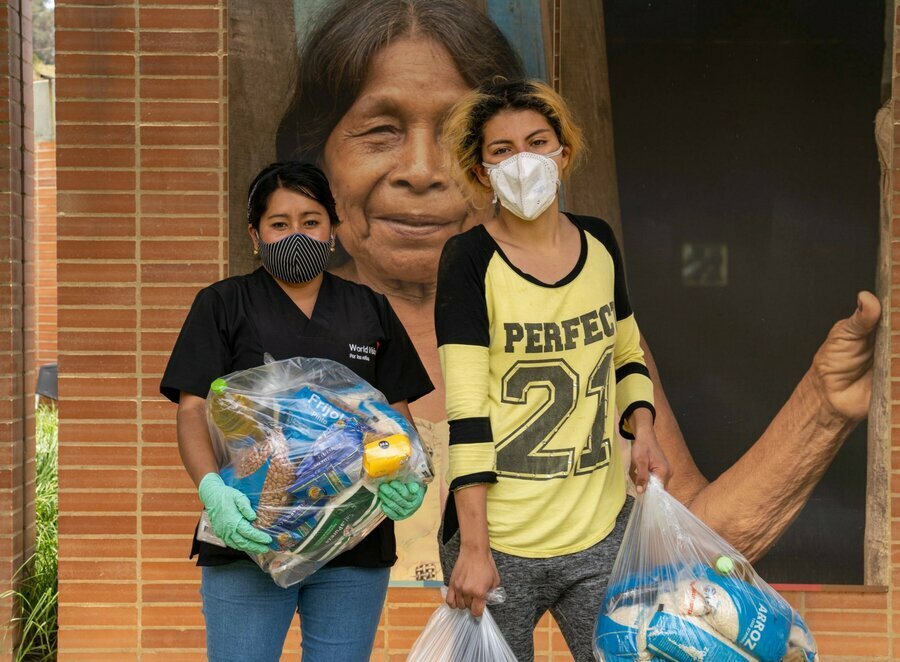
In the year the coronavirus pandemic deepened the global hunger crisis—the World Food Programme (WFP) was at hand, providing life-saving assistance, working to save and change lives, against all odds. Below is a selection of stories from our staff around the world.
Conflict and hunger
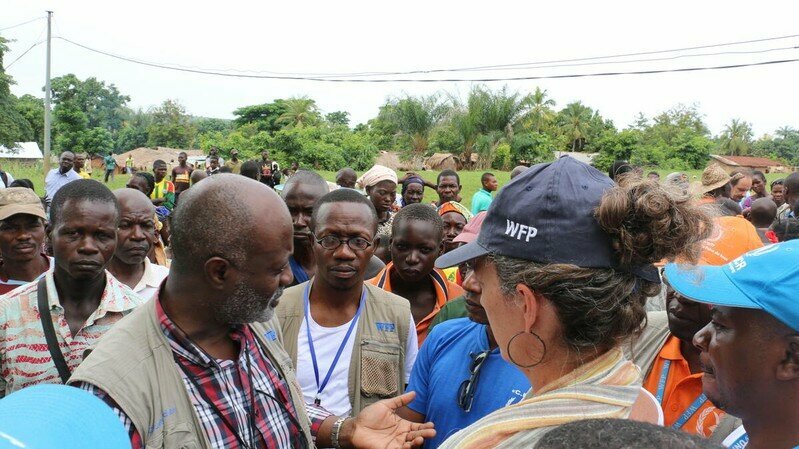
An interview with WFP Chad country director Claude Jibidar shows how WFP builds fragile nations’ resilience and helps them graduate out of food insecurity to save and change lives. Read more
Letters from Yemen

Two girls describe how conflict turned their lives upside down. "I dream that the war ends and that Yemen is peaceful again," says Amina. Read more.
Famine watch
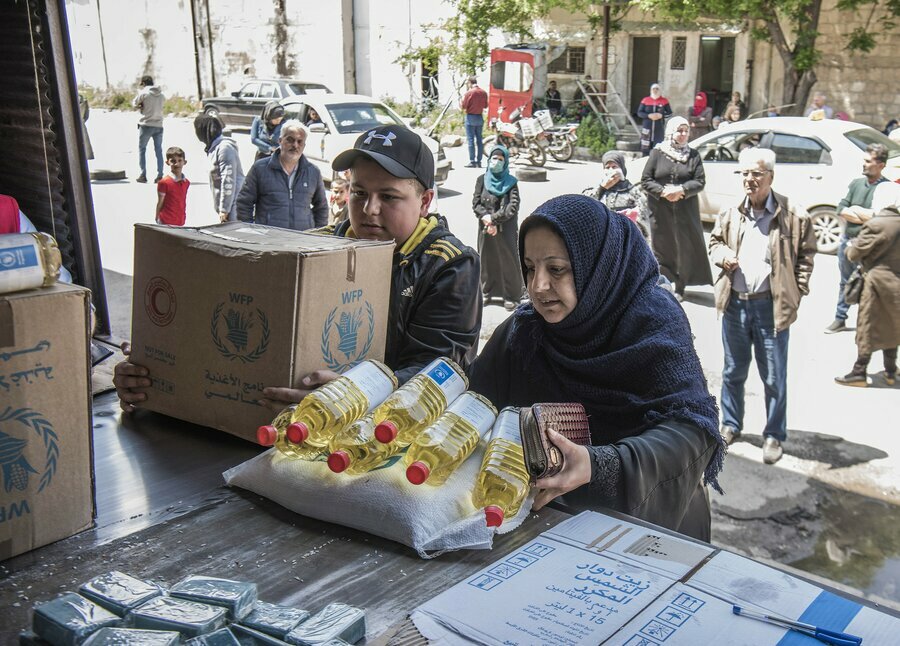
A joint report by the World Food Programme and the Food and Agriculture Organization of the United Nations alerts the world to the risk of famine. Read more
Let peace sprout
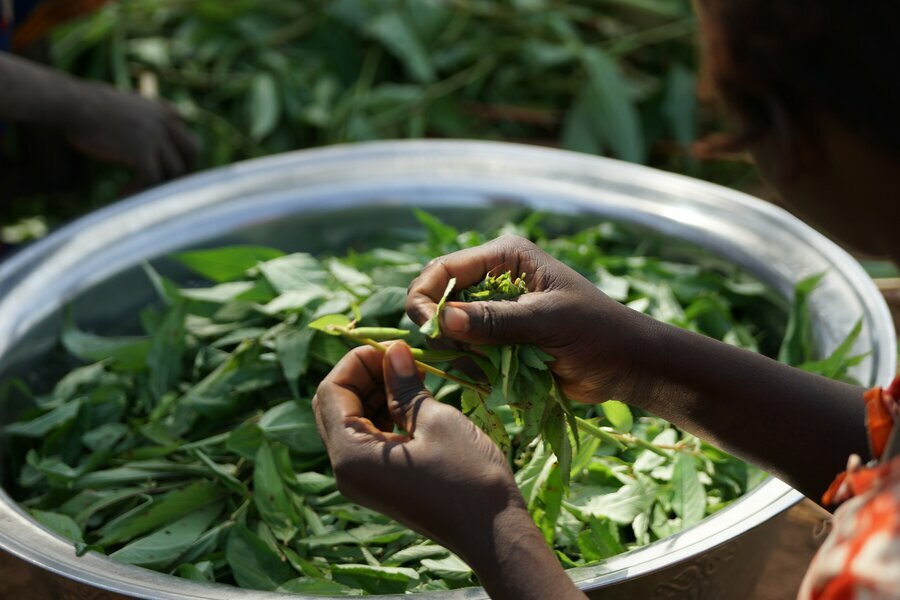
A community resilience project helps people in Central Sahel fight against the impacts of conflict and hunger through rehabilitation of barren land. Read more
The people's prize
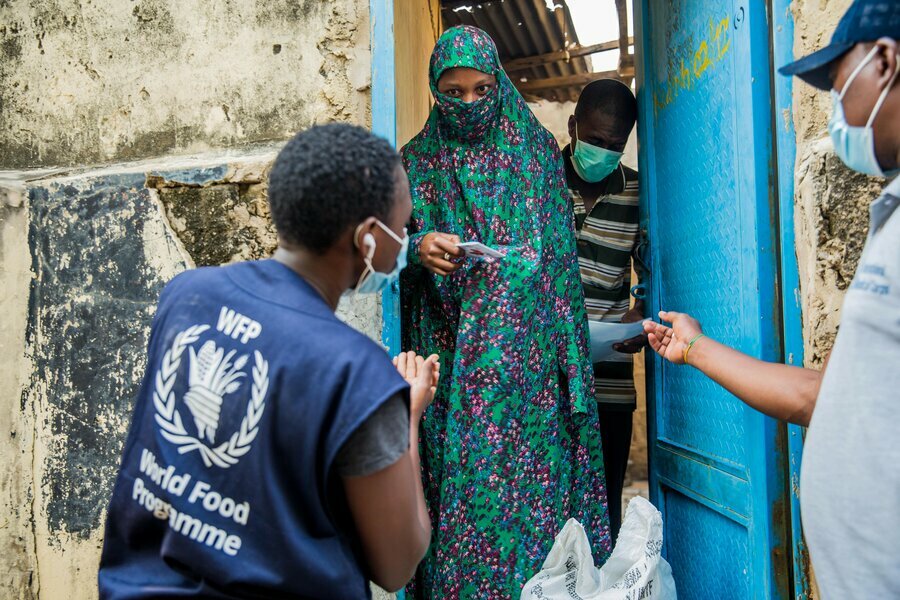
WFP Executive Director David Beasley pays tribute to WFP staff as the organization is awarded the 2020 Nobel Peace Prize: “They’re out there in the most difficult, complex places in the world, whether there’s war, conflict, climate extremes, it doesn’t matter. They’re out there, and they deserve this award.” Read more
Things you didn't know

A photo story packed with impressive facts: did you know that in 2019 WFP delivered 4.2 million metric tons of food, the equivalent weight of 840,000 Asian elephants? Read more
Mitigating the impacts of COVID-19
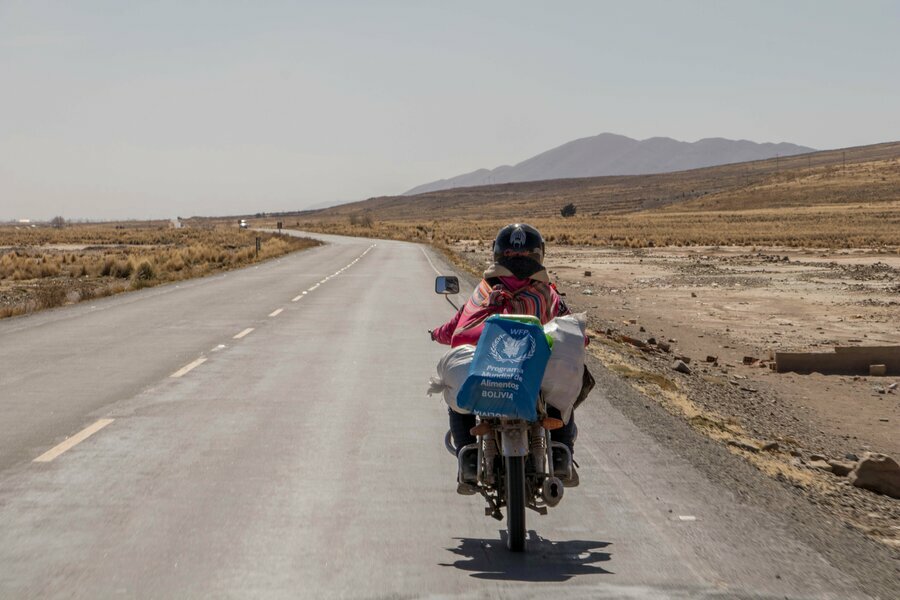
How WFP helped when COVID-19 made life for the Uru-Murato community—whose ancestral lake dried up in 2015—even more difficult. Read more
Meanwhile, in Mozambique...
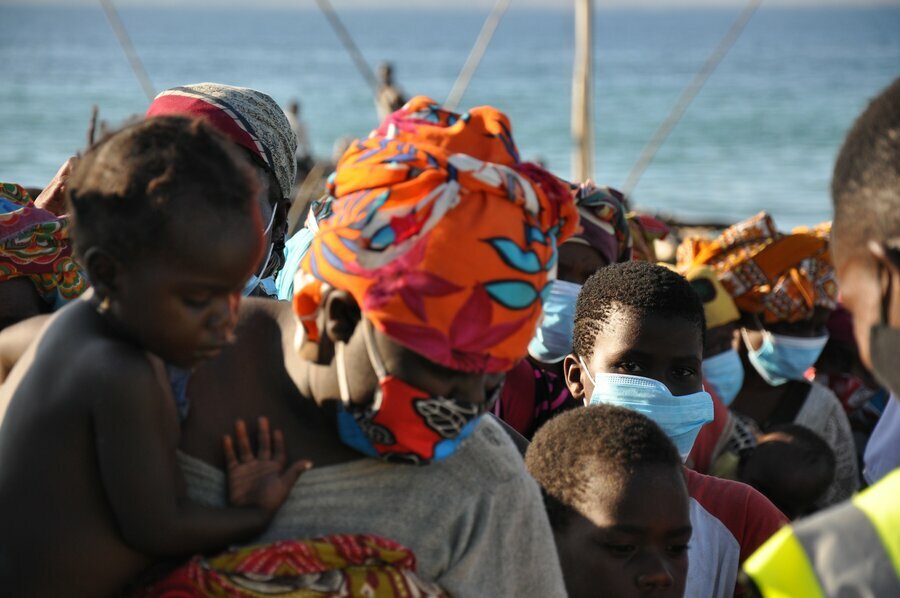
Families line up at the port town of Pemba for a passage south. Photo: WFP/Sean Rajman
In October WFP calls for funds as conflict prompts an exodus in Cabo Delgado, straining a country ravaged by two cyclones. Read more
Rainbows in COVID times
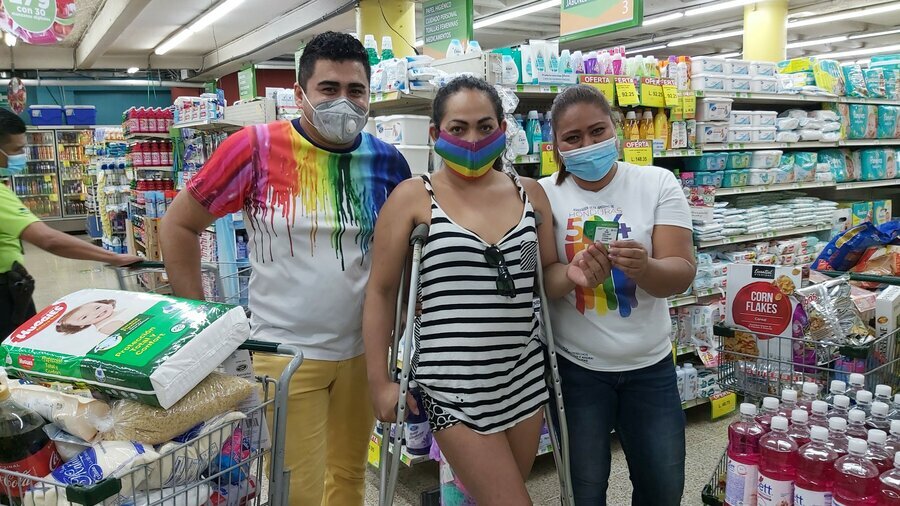
Cash assistance from WFP empowers the stigmatized LGBT+ community in Honduras which has been pushed into poverty by coronavirus-related restrictions. Read more.
